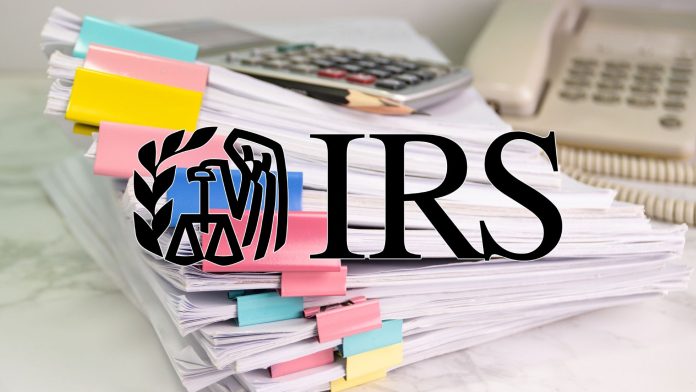As the April 15 tax deadline approaches, the Internal Revenue Service (IRS) is urging small business owners and individual taxpayers not to miss their chance to file their federal income tax returns electronically. With various online tools and resources available, the benefits of electronic filing stand out, especially for those managing tight schedules amid their busy operations.
Filing electronically significantly reduces tax return errors by allowing tax software to handle calculations, flag common mistakes, and prompt users for any missing information. “Most taxpayers qualify for electronic filing at no cost and, when they choose direct deposit, usually receive their refund within 21 days,” an IRS spokesperson noted. This option can be particularly appealing to small business owners who want to streamline their financial management processes.
For those with an adjusted gross income of $84,000 or less in 2024, the IRS offers the IRS Free File program, which includes guided tax software available through October 15. Additionally, the IRS Free File Fillable Forms allow individuals of any income level to file electronically by filling out the necessary forms themselves at no cost. This flexibility helps small business owners who are managing personal and business taxes simultaneously.
Another noteworthy option is the IRS Direct File, now open in 25 states, enabling eligible taxpayers to file their federal tax returns online for free directly with the IRS. More information about eligibility can be found on the IRS website. Small business owners who operate in these states should take advantage of this valuable resource.
Community-driven support is also available for those needing extra assistance, including Volunteer Income Tax Assistance (VITA) and Tax Counseling for the Elderly (TCE) programs. Through these initiatives, IRS-certified volunteers provide free tax return preparation, which can ease the burden for small business owners who might not have the time or resources to dedicate to tax filing.
As businesses face the probability of capital gains and various deductions, making timely payments becomes critical. The IRS recommends taxpayers avoid interest and penalties by filing their returns and settling any balances due by April 15. Various payment methods are available to accommodate taxpayers, including direct bank payments with no fees, credit card payments, and options through the Electronic Federal Tax Payment System (EFTPS). Small business owners with limited cash flow can also apply for online payment plans with swiftly accepted applications.
For those who can’t meet the filing deadline, the IRS offers tax-filing extensions. However, it’s vital to note that an extension to file does not equate to an extension to pay. “Avoid some penalties by estimating and paying the tax due by the tax deadline,” the IRS advises. Small business owners should be prepared to manage their cash flow and estimate their taxes to minimize penalties.
While electronic filing simplifies the tax process, potential challenges exist. Small business owners must ensure that they stay organized and keep comprehensive financial records throughout the year. Mismanagement could lead to filing errors that could trigger audits or penalties. Moreover, those less comfortable with technology might find electronic filing intimidating or confusing, underscoring the importance of familiarizing themselves with the available tools in advance.
To assist taxpayers in tracking refunds, the IRS offers the “Where’s My Refund?” tool, providing updated refund statuses typically within 24 hours after an e-filed return. Meanwhile, small business owners can access IRS resources 24/7 via IRS.gov for tax questions, further emphasizing the importance of being proactive about deadlines and requirements.
As April 15 looms closer, small business owners should take action if they haven’t already. By utilizing electronic filing options, ensuring payments are made on time, and considering community assistance, they can navigate tax season with greater confidence and efficiency. For additional resources and details on options available, visit the IRS news release at IRS.gov.
Image Via Envato: piyaphun



